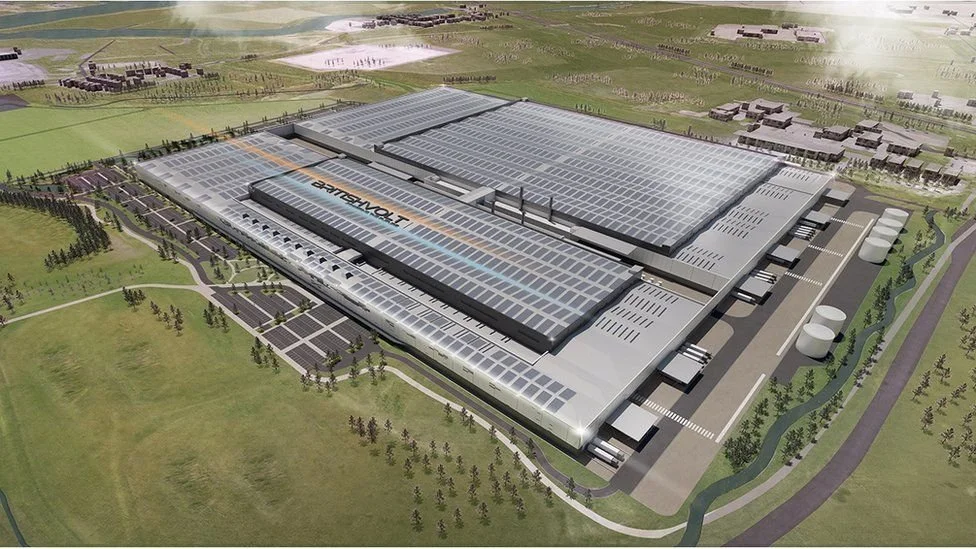Britishvolt secures Government funding to build EV battery gigafactory
Britishvolt, the UK battery company, has received an in principle offer of government funding though the Automotive Transformation Fund (ATF) for its planned gigafactory in Blyth, Northumberland.
Once complete, the factory will produce enough batteries for over 300,000 electric vehicles each year, significantly supporting the UK automotive industry’s transition to a zero emissions future and increased production of electric vehicles.
The Government is reported to be investing around £100 million. Britishvolt also announced backing from investors Tritax and Abrdn, that should unlock a further £1.7bn in private funding.
Alongside private sector investment, the project is set to create 3,000 direct skilled jobs and another 5,000 indirect jobs in the wider supply chain.
Kwasi Kwarteng Business Secretary said, “Britishvolt’s planned gigafactory will not only enable the UK to fully capture the benefits of a booming electric vehicle market, but will bring thousands of highly-skilled, well-paid jobs to the North East.
“In this global race between countries to secure vital battery production, this government is proud to make the investment necessary to ensure the UK retains its place as one of the best locations in the world for auto manufacturing.”
Minister for Investment Lord Grimstone added, “The government is investing millions to develop the supply chain for cleaner vehicles in the UK, while working with our auto industry to ensure it remains competitive for years to come. As part of the Net Zero Strategy, we recently announced £350 million of funding for the Automotive Transformation Fund. This is additional to the £500 million already announced.”
A recent Insights report from McKinsey on capturing the battery value-chain opportunity concluded companies and governments must move quickly to gain a foothold in the fast-growing battery market for electric vehicles.
The report said, “Batteries are emerging as a critical ingredient in the transition to a more sustainable future because of their role in electrifying transportation and balancing power grids. Battery use is more than an opportunity to eliminate vehicular CO2 and NO2 emissions; scaling up production of battery-cell manufacturing capacity also offers significant value-creation opportunities for manufacturers, creates new jobs that pay well, and supports national economic growth.
“However, time is running out to compete in battery-cell manufacturing, the part of the value chain that holds most of the value-creation and macroeconomic opportunities. Based on past developments in comparable industries we believe the market will likely consolidate to about ten to 15 global cell-manufacturing players.
“Winning companies will be those that act in the next few years. Meanwhile, governments can play an important role in facilitating industry growth in their respective countries, particularly through direct financial incentives but also by encouraging the development of local battery ecosystems.”

